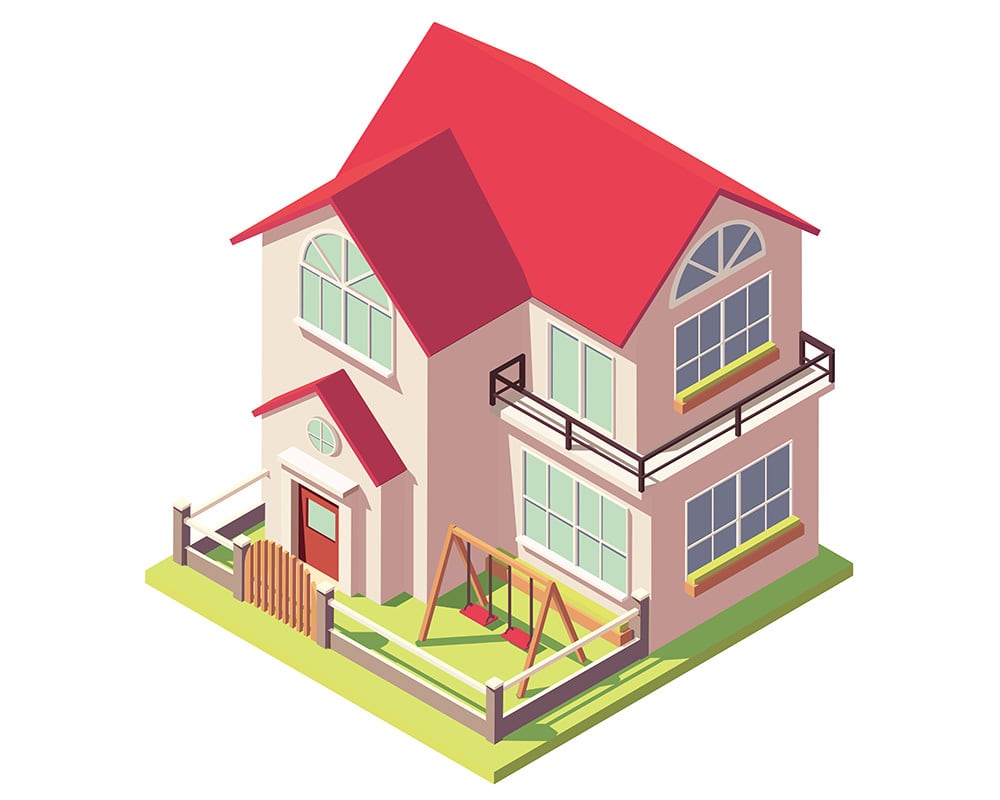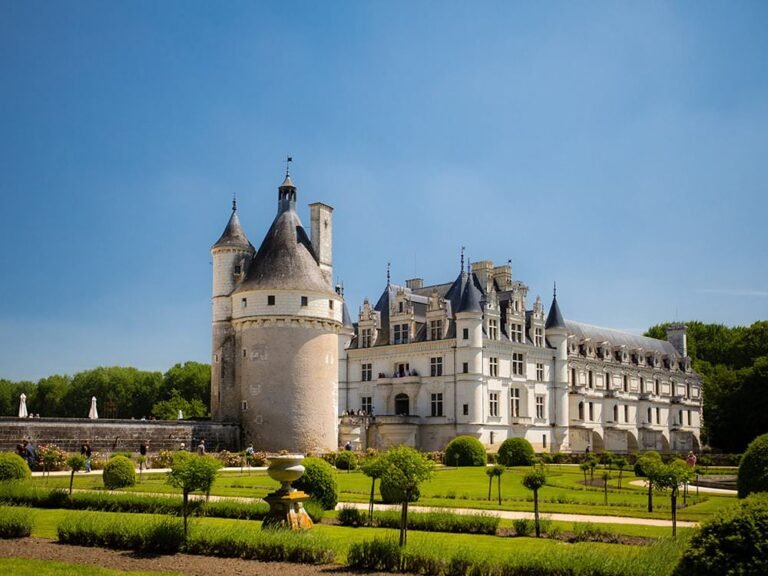Grammar: Passé Composé with être
In the French verb tense “Passé Composé,” most verbs are conjugated with “avoir.” So for example, “I have given” is “j’ai donné,” which literally translates to “I have given.”
But some intransitive verbs are conjugated with “être,” the verb “to be.”
What is an intransitive verb?
An intransitive verb is a verb without an object. Transitive verbs (the regular kind) have a direct object. The verb “to see” is a transitive verb. A transitive verb has as an object whatever it is that is being acted upon. So in the sentence “I see the beach,” the object is “the beach,” because that is what is being “seen.”
An intransitive verb has no direct object. For example, “to go” is an intransitive verb. You can’t “go the beach.” You can, however, “go TO the beach,” but the beach is not the object of the verb “to go.” The only person “going” is you, and nothing else is being “gone.” The verb “to go” doesn’t act on anything else. You (or whoever is “going”) is in charge of the process of going, but there is no object.
Which French verbs are conjugated with être in the Passé Composé?
The French verbs conjugated with être in the Passé Composé are verbs that usually have some relation to the activities commonly performed in and around a house. Some people refer to them as “house verbs” for that reason.
| First letter | Infinitive | Meaning | Past participle |
| D | devenir | to become | devenu (irregular) |
| R | revenir | to come back | revenu (irregular) |
| M | mourir | to die | mort (irregular) |
| R | retourner | to return | retourné |
| S | sortir | to go out | sorti |
| V | venir | to come | venu (irregular) |
| A | arriver | to arrive | arrivé |
| N | naître | to be born | né (irregular) |
| D | descendre | to descend | descendu |
| E | entrer | to enter | entré |
| R | rentrer | to return | rentré |
| T | tomber | to fall | tombé |
| R | rester | to stay, remain | resté |
| A | aller | to go | allé |
| M | monter | to go up | monté |
| P | partir | to leave | parti |
| P | passer | to pass by | passé |
If you think that dying and being born don’t sound like activities that normally happen at home, remember that for the majority of human history, the home is where most people where born and where many people died.
Mnemonic
If you take the first letter of each verb in the above table (eg “d” from devenir, “r” from revenir, etc), you will end up with this list of letters: DRMRSVANDERTRAMPP.
You can turn this into the name of an imaginary married couple: “Dr & Mrs Van Der Trampp.” This gives you a way to remember at least the first letter of each verb in this list of verbs conjugated with être in the Passé Composé.
How to form the Passé Composé of a verb conjugated with être
| Present tense of être | Past participle | Result | Meaning |
| je suis | allé | je suis allé | I went, I have gone, I did go |
| tu es | allé | tu es allé | you went, you have gone, you did go |
| il est | allé | il est allé | he went, he has gone, he did go |
| nous sommes | allés | nous sommes allés | we went, we have gone, we did go |
| vous êtes | allés | vous êtes allés | you went, you have gone, you did go |
| ils sont | allés | ils sont allés | they went, they have gone, they did go |
Number & gender agreement of Past Participle
The past participle must agree in number and gender with the subject (the person in charge of doing the verb).
| Masculine | Feminine |
| je suis allé | je suis allée |
| tu es allé | tu es allée |
| il est allé | elle est allée |
| nous sommes allés | nous sommes allées |
| vous êtes allés | vous êtes allées |
| ils sont allés | elles sont allées |
Image courtesy of vecteezy.com







2 Comments
Comments are closed.